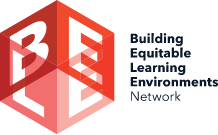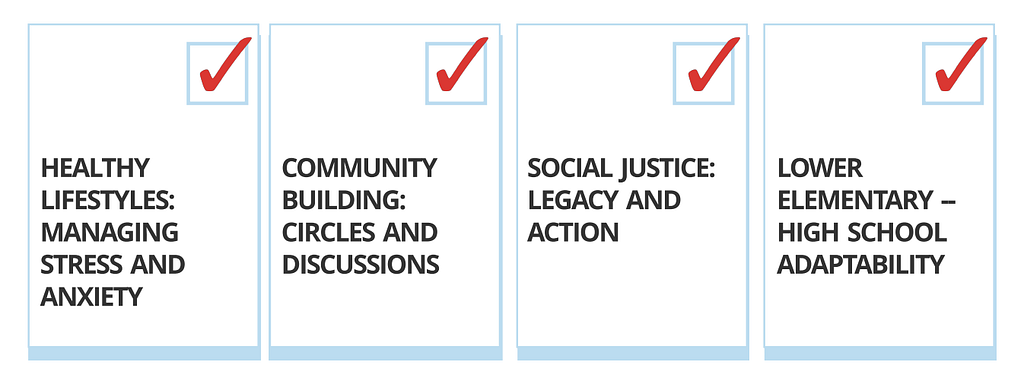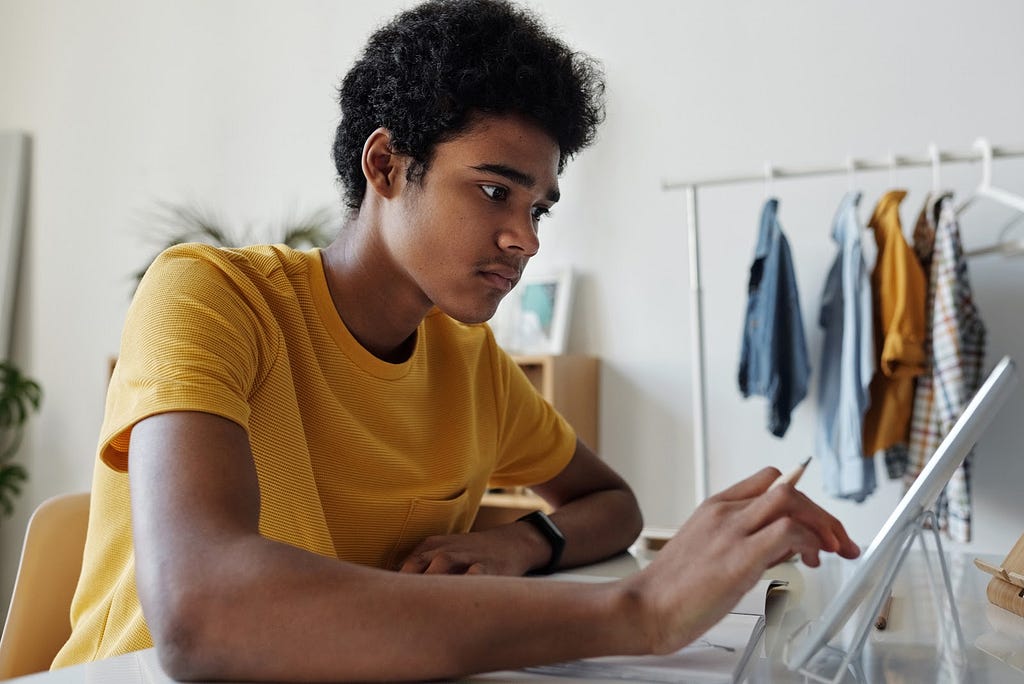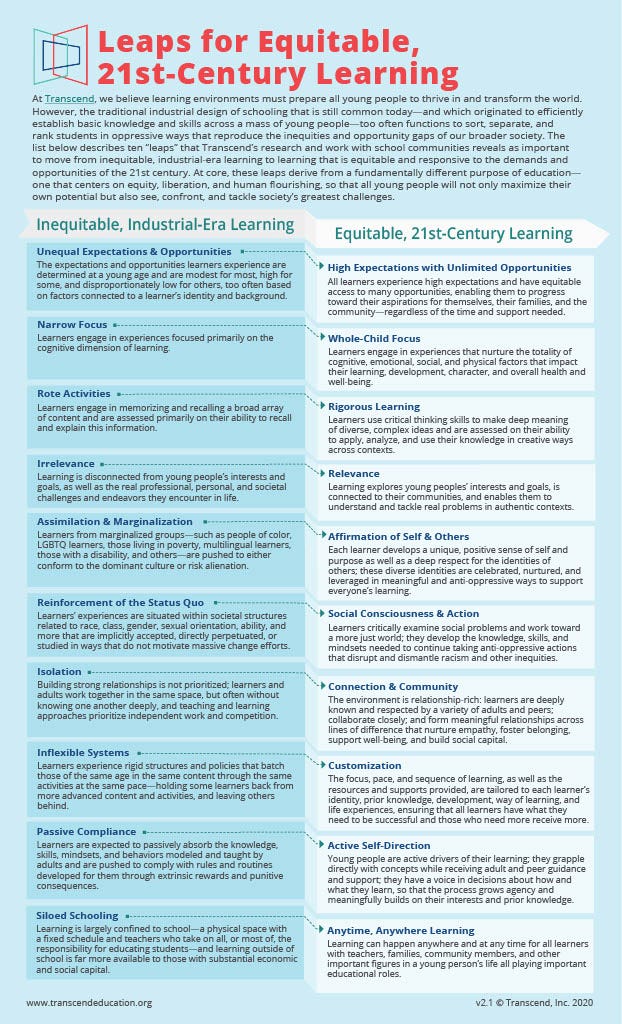By The BELE Network
In December, Transcend Education and the American Association of School Superintendents (AASA) led their second webinar in the “Road to Reinvention” series. Edgecombe County Superintendent Dr. Valerie Bridges shared how her district has been reinventing itself using Transcend’s Designing for Learning resources, which dive into the science of how people learn and develop. Edgecombe has centered students and the community, launched microschools, and collaborated with state policy leaders to enable schools to design models that work best for their students including incorporating block schedules and HR shifts. The webinar also featured student Sha’Kiyaiah Highsmith, who shared her personal experience as a student in an Edgecombe microschool and the ways it has contributed to her love for learning and allowed her to develop meaningful relationships with her teachers.
Read on for the full video, webinar recap, key clips and takeaways.
KEY TAKEAWAYS
- In anything you do, always begin with empathy. Something as simple as recording instead of taking notes while collecting feedback or conducting an interview puts you in a position to be an active listener.
- For optimal results, collaboration with students, parents, and community members is critical to transforming the learning experience.
- Students are more engaged and learning outcomes are more equitable when every student has affirming developmental experiences.
Watch this highlight reel of BELE Network partner Dave Paunesku of PERTS discussing the BELE Framework and Edgecombe County Superintendent Dr. Valerie Bridges explaining the county’s strategic plan:
For leaders, educators, and designers of innovative schools, if you aren’t a member of the Transcend Design Community, read more and join the community today.
You can view the full webinar at the top of this page, or dive in further and learn about the steps necessary to respond, recover and reinvent through their full resource. Once you have, tell Transcend and AASA about your experience and perspective using this survey.
Keep an eye out for upcoming webinars in this series in February, April, and June on Transcend Education’s event page.
Transcend Education’s work with school communities and the larger ecosystem is guided by five fundamental beliefs: all children have infinite potential; to realize this potential, we must reimagine “schooling” as we know it; the work is most successful when pursued through a rigorous, community-driven R&D process grounded in equity; while never easy, innovation is absolutely possible, accelerating progress requires strong local leadership, surrounded by a conducive ecosystem.
The BELE Network is dedicated to reimagining our inequitable school system that has failed too many for too long, and is committed to transforming our classrooms into learning environments that nurture the intellectual, emotional and cultural growth of all students — especially students of color.
Learn more about BELE on our website, and access our resource library to get the best and most up-to-date thinking on how to make learning environments more equitable.




